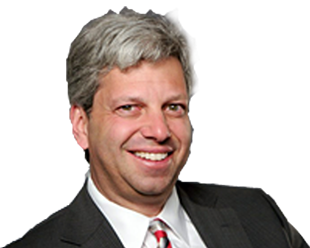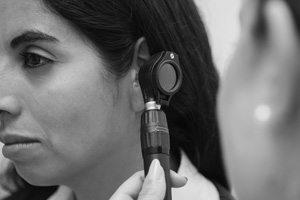View the complete list of conditions
Deviated Septums
Known as Septoplasty, deviated septum surgery helps patients who are having difficulty breathing through nose and nostrils. Nasal septa separate the right and left airways of the nose, regulating breathing and sharing the load during instances of congestion. In many cases, deviated septums can be treated simply with medications like decongestants, antihistamines and nasal spray. But those do not treat the underlying condition like deviated septum surgery. Manhattan-based doctors are convenient for those who are local to the city, making nasal surgery more painless.
Nasal septa are composed of five structures — a perpendicular plate of ethmoid bone, the vomer bone, septal nasal cartilage, and the crests of the maxillary and palatine bones. Nasal septa, when deviated, can lead to difficulty breathing through nose and nasal passages generally. Nasal surgery can correct dryness, mild bleeding from nostrils, and dry mouth associated with the condition.
When looking for local doctors who do deviated septum surgery, NYC is as good a place as any. Offices in New York are ideal due to proximity to mass transit lines. For local septum surgery, Manhattan is central to the east coast, but also to New York City.
Generally, septoplasty surgery is performed in about an hour, and recovery may take anywhere from two days to four weeks to heal completely from deviated septum surgery. NYC, because septum surgery is a relatively minor procedure, is a great place to get it done conveniently. After surgery, it is common to have a nasal splint or pack placed in your nostrils to stop bleeding and keep the septum straight while it heals.
Complications with septoplasty include nasal septum perforation due to bilateral trauma of the mucoperichondrial flaps. Septal haematoma or septal abscesses are also potential issues, as well as adhesions and synachiae between septal mucosa and the lateral nasal wall. Saddle nose, which is a sinking of the bridge of the nose is another complication, but all of these are rare.
But a deviated septum can be no fun and interfere with sleep, which is why surgery is important. The nasal septum, once it departs from the center line of the nose, can cause extreme difficulty breathing, especially along with congestion. Frequently, this deviation occurs after the age of seven, and generally stays relatively straight before then. Not all deviated septums are serious. Many lead to no complications at all, but the few that do interfere with breathing should be dealt with, due to the importance of oxygen in the body.
Conditions
Ears
Nose
- Ballon Sinusplasty Surgery
- Concha
- Deviated Septum Relief In NYC
- Deviated Septums
- Fixing a Deviated Septum
- Identifying A Deviated Septum
- How Do I Know if My Nose is Broken?
- Nasal Polyps
- Nasal Polyp Surgery
- Nasal Septums
- NYC Nasal Polyp Reduction
- Septoplasty And Turbinate Surgery
- Treating a Deviated Septum
- Treating Nasal Polyps
- Turbinate Reduction
Throat
- Dysphagia
- Leukoplakia Treatments
- Reflux Laryngitis
- Swallowing Disorders
- Treating Anosmia
- Vocal Disorders
Allergies & Asthma
- Dealing With Allergic Rhinitis
- Managing Allergies and Asthma
- How to Allergy-Proof Your Home from Indoor Allergens
Sinus
- Chronic Sinusitis Treatment
- Endoscopic Sinus Surgeries
- Sinus Headache Cure
- Sinus Infection Treatment
- Sinusitis Surgery
- Treating Sinus Infections
Sleep & Snoring
- Diagnosing Sleep Disorders
- Having Trouble Sleeping
- Home Sleep Studies
- Pillar Implants
- Pillar Treatment for Snoring
- Sleep Apnea Conditions
- Sleep Apnea Specialists
- Sleepless in NYC
- Sleep Study Diagnosis
- Can Snoring Cause Health Issues?
- Treating Sleep Apnea
- Treating Snoring
- What is a CPAP Device?





